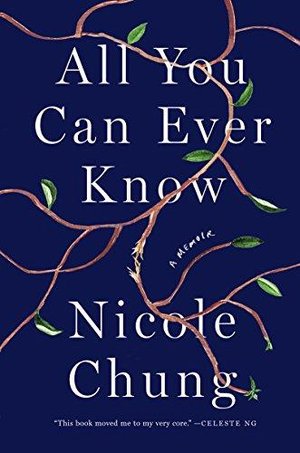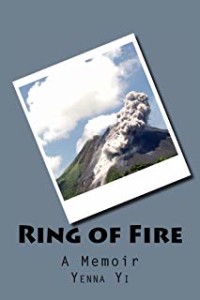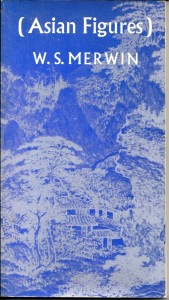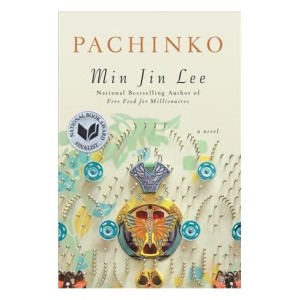
Chung’s debut memoir explores several important themes. Her parents—Korean shopkeepers with two daughters already—were warned that the premature baby might not live and if she did, was likely to have expensive disabilities. They decided to offer her up for adoption, and a white couple who badly wanted children brought her home to Portland, Oregon.
She accepted the story her new parents told her, of the selflessness of her birth parents and that adoption had been the best thing for her. Her religious parents told her that she was a “divinely ordered” gift from God. However, they did not see the racist bullying that Chung encountered in Portland, one of the least racially diverse places in the U.S. Their parents’ colorblind insistence that they didn’t think of her as Asian also meant that she did not learn about Korean culture or language.
“Sometimes the adoption — the abandonment, as I could not help but think of it when I was very young — upset me more; sometimes my differences did; but mostly, it was both at once, race and adoption, linked parts of my identity that set me apart from everyone else in my orbit. I could neither change nor deny these facts, so I worked to reconcile myself to them.”
It was only as an adult, pregnant with her first child, that Chung began to question the legend and to begin discreetly searching for her birth parents. “It was time to lay down the burden of being ‘the good adoptee,’ the grateful little girl who’d been lost and then found.” At the same time she did not want to hurt the parents she loved and whom she would always call Mom and Dad.
I appreciated Chung’s openness in writing her journey and also her compassion toward all of the people involved. The themes of the search for identity, adoption in general, and interracial adoption in particular are important ones, and Chung provides much insight into one person’s experience of them.
However, I’m surprised by the awards and praise for this book It might have been better as an essay. Yes, it’s a super important topic, but there’s a lot of repetition and the narration is rather dry. She includes few scenes along with some scenelets (short snippets of scenes). Instead, Chung tells us this story, summarising the events and dwelling on her thoughts and emotions rather than showing us what happened.
Chung herself is an editor, first at The Toast magazine and then becoming editor-in-chief of Catapult magazine in 2016, whose book division published this memoir. In her Acknowledgments, she thanks her editor before anyone else, so I remain a bit baffled by the final product.
Still, Chung gets so much right with this book: genuine emotion, vulnerability and loving compassion for the parents who gave her away and those who raised her.
Have you read a book about adoption that made you think more deeply about the issues involved?


